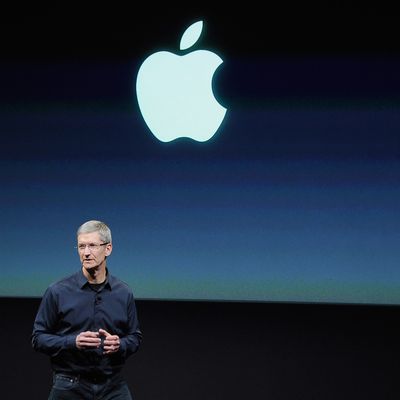
The New York Times today comes with a huge, detailed portrait of the labor conditions in Chinese factories that help build Apple products. From iPads to iPhones and cases, parts come from suppliers in China where the health of workers is not necessarily a priority and conditions can be dangerous, despite Apple’s ostensibly high standards and extensive system of audits. Last year, two iPad factories exploded, killing four people and injuring 77 more, despite the company having been warned about the danger at one plant. “Apple never cared about anything other than increasing product quality and decreasing production cost,” says a former manager at Foxconn, a crucial Apple manufacturer where eighteen workers attempted suicide over the span of two years. “Workers’ welfare has nothing to do with their interests.”
There are additional claims of exposure to toxic chemicals, underage employees, and hours so long that workers’ legs swell from standing. “But what’s morally repugnant in one country is accepted business practices in another, and companies take advantage of that,” explains one labor expert.
Apple’s public code requires “that working conditions in Apple’s supply chain are safe, that workers are treated with respect and dignity, and that manufacturing processes are environmentally responsible.” The reality is often less than ideal. “If you see the same pattern of problems, year after year, that means the company’s ignoring the issue rather than solving it,” says a former Apple executive. “Noncompliance is tolerated, as long as the suppliers promise to try harder next time.”
Fortunately for the bottom line, the touch-screen hungry public doesn’t seem to mind: “In a national survey conducted by The New York Times in November, 56 percent of respondents said they couldn’t think of anything negative about Apple. Fourteen percent said the worst thing about the company was that its products were too expensive. Just 2 percent mentioned overseas labor practices.”
“We’re trying really hard to make things better,” stresses a one former Apple executive. “But most people would still be really disturbed if they saw where their iPhone comes from.”





























